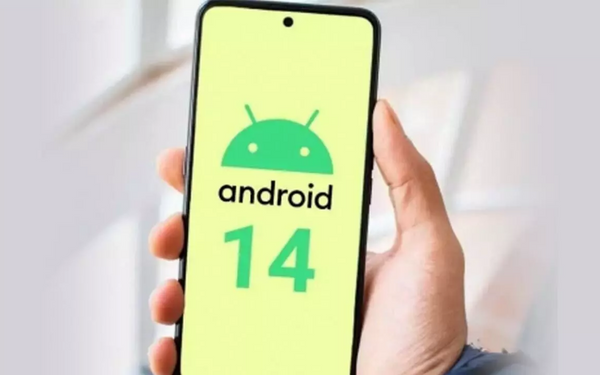There will be new limitations placed on which applications may be installed on Android 14 smartphones, even if users sideload the OS instead of using the Play Store.
If you’re a regular sideloader, this move may make it more difficult to utilise non-Play Store applications, but it should help halt the spread of malware that takes use of weaknesses discovered in previous editions of Google’s Android OS.
The finest Android smartphones may take advantage of more than simply new features with each year’s release of the next Android version, or the latest iOS build from Apple, or the latest Windows OS from Microsoft. Plus, they have improved stealth security features that make it harder for criminals to access your data. Inevitably, hackers will figure out a way around the safeguards, but by that time, Google will hopefully have released an even more secure version of Android than Android 14.
Finding vulnerabilities in older versions of the Android OS is not pointless, however. If you’re still using an earlier version of Google’s operating system on your smartphone, hackers have the opportunity to build applications that exploit the OS’s vulnerabilities.
Thankfully, Google is able to limit a lot of this by imposing restrictions on new and updated applications in the Play Store. Currently, in order to be accepted into Google’s official app store, new Play Store smartphone applications must target Android 12 or later (or Android 11 or later if they are designed for WearOS).
The main change that seems to be coming to Android is that these limits will apply to all applications, not just those found in the Play Store. Due to a change in Android 14, users will be prevented from installing APK files (which may be used to instal applications not found in the Play Store) if the file targets an outdated version of Android.
The move would first prevent users from installing apps that support Android 5 or older, but soon it will affect sideloaders as well. You may wish to ask the creator of your favourite non-Play Store app to upgrade it before Android 14 is released if it is based on an older version of Android.
However, the old software may still be installed; doing so merely requires a command shell and a few more steps. While this adds more work, it should decrease the likelihood of malicious software being installed on a device via a sideload since users will be less inclined to blindly instal programmes.
In the future, we anticipate Google imposing limitations that force users to upgrade to even newer versions of Android. It looks that this approach strikes a good compromise between security and the flexibility that has drawn many users to the platform, which is a major problem in the battle against dangerous software.
The greatest iPhones are very difficult to sideload software onto, but if you don’t mind this trade-off for a more secure operating system, you may want to consider purchasing one.

Subtly charming pop culture geek. Amateur analyst. Freelance tv buff. Coffee lover
